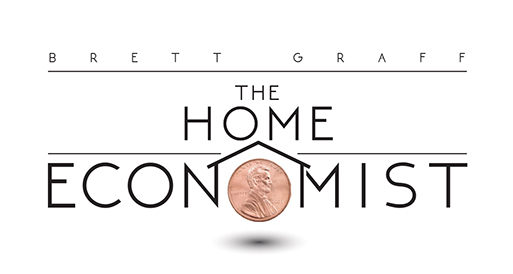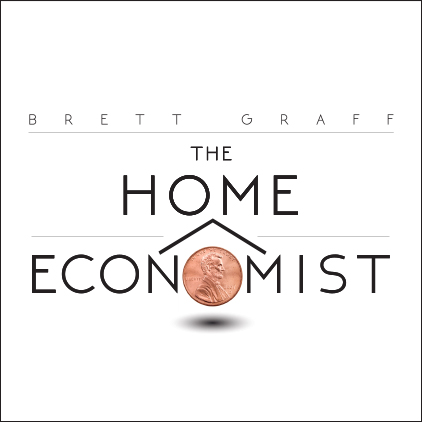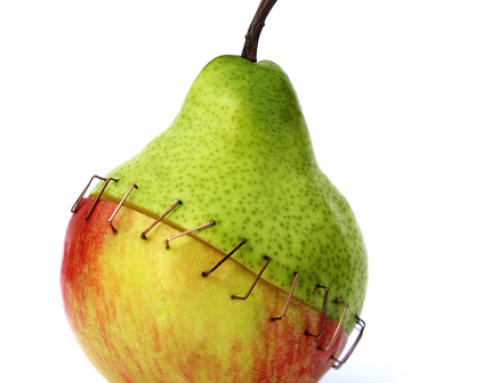By all reasonable measures, Karen Basha Egozi is a strong-willed person. She’s risen to CEO status — today heading up the Epilepsy Foundation of Florida — and has recently lost 20 pounds after deciding suddenly that the weight needed to go. Now, she’s banishing debt by packing away all her credit cards. Why? Because when it comes to activities such as shopping and eating, it takes just one slip — perhaps a charge at Macy’s or a sliver of cake — for Basha Egozi to shrug and decide that another (and after that, another) can’t possibly hurt. Can it?
“I’m pretty disciplined and organized,” she says. “But when you feel overweight you tend to eat, thinking it won’t make a difference. Same with credit cards, you say ‘I owe this much money, so what’s a little more?’”
Researchers for decades have dubbed it the “What-the-Hell Effect” and their work has long-proven it plagues the most disciplined of dieters — who in studies were, after slurping high-fat milkshakes, more likely to accept a plate of cookies. But new experiments show it’s also an attitude adapted by the strongest-willed shoppers. They’re most likely to pay their bills on time and carry zero balances. But once the most regimented among us rack up some real debt — meaning it’s over about 3 percent of their available credit limit — they’re a group of people who then build up the highest, most expensive balances, says Keith Wilcox, an assistant professor of marketing at Columbia Business School. Experts say it’s easy to draw a parallel between spending and snacking, seeing as they’re both forms of consumption. But also that the majority of the strong-willed folks who decide just one more won’t matter — even if it’s a decision made frequently enough to accumulate a mass that matters very much — can easily reverse the expensive thought process with just a few simple tricks.
“It’s true, very few people are perfect in this regard and most of them don’t have serious problems. But the higher your self-control the more likely you are to say, ‘What the Hell,’” says Wilcox. “The ones most focused on avoiding credit card debt spend more when they get it.”
It troubles highly disciplined people most because they have a strong intolerance for imperfection, says Dr. Marty Lerner, executive director at Milestones and Recovery, a residential eating disorder program in Cooper City. And while maintaining high, hard-to-reach standards – assuming it’s your inclination and not your pathology — may be helpful in certain, detailed oriented occupations, there are occasions where even a mild tendency for perfection can backfire. For example, it’s important to be flexible in your expectations from children, co-workers, friends, spouses and even yourself.
“Some things in life have to stay negotiable,” says Lerner. “If your expectation is to be a perfect tennis player you can’t enjoy the game.”
You won’t be able to buy a racquet either because high balances wreck your financial situation, says Karen Carlson, director of education at Orlando-based In Charge Debt Solutions. If you’re carrying one and continue to spend, keep in mind the interest rate means you’re likely paying double the sticker price for every item you buy. Even a $3 cup of coffee could wind up costing $9 once you tack on 14 percent interest for a few years. What’s more, the debt is tying you to your current employment situation, disabling your ability to start an emergency fund and take advantage of opportunities that may come along.
“You’re stealing from your future,” says Carlson. “And closing doors.”
If those financial facts don’t keep you from piling on that extra purchase, take note of your emotional outlook, suggests April Lane Benson, author of To Buy or Not To Buy: Why We Overshop and How to Stop. She suggests asking yourself a few questions before plunking down your credit card, such as: 1) Why am I here? 2) What if I wait? 3) How will I pay for it?
“That puts space between the impulse and the action,” she says. “And it’s a way of getting back in control.”








Leave A Comment